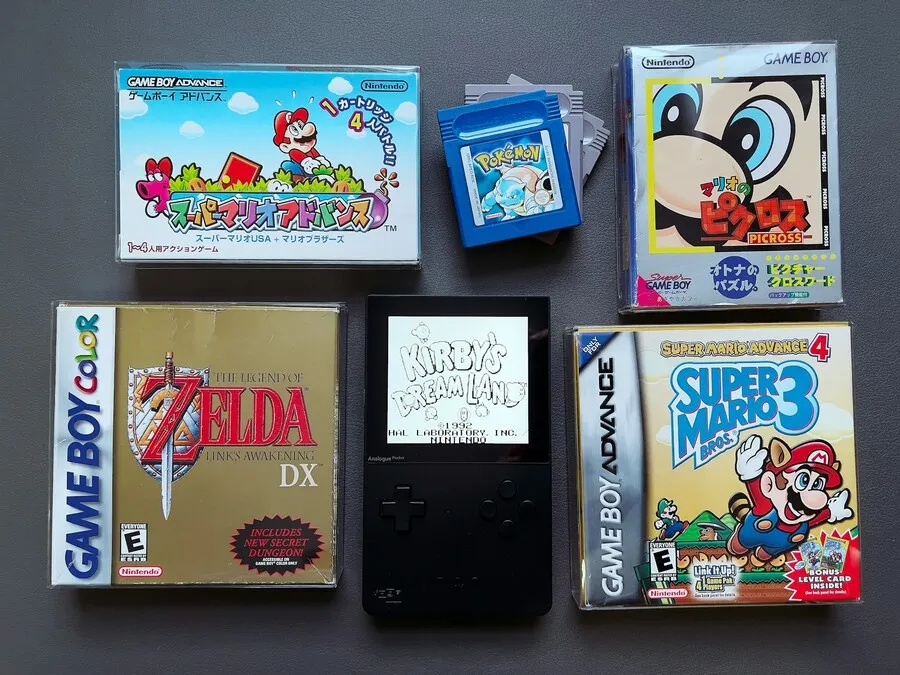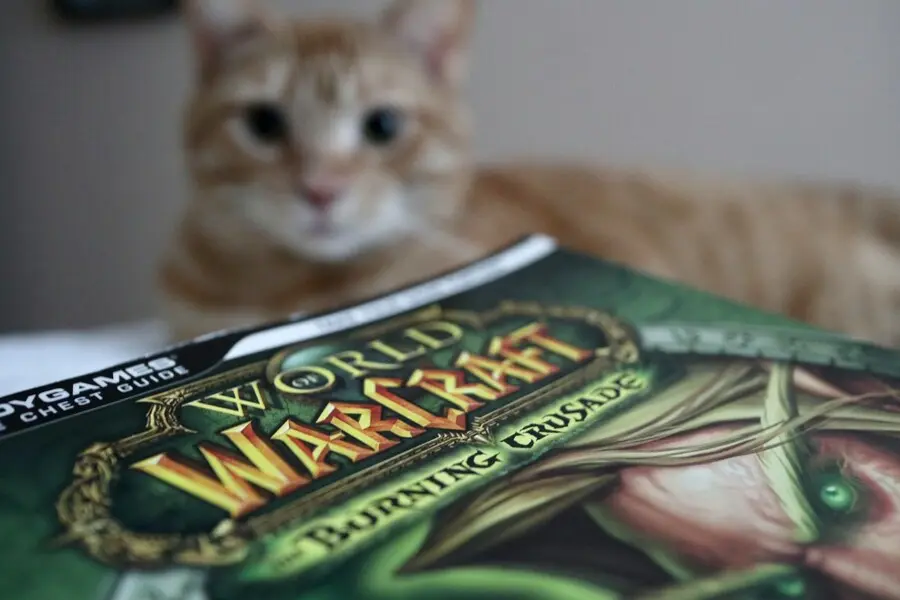Online games are now being played for over 60 minutes a day by over half a billion people globally, says Jane McGonigal.
In the United States alone, that number is 183 million.
Ninety-nine percent of boys under 18 and 94 percent of girls under 18 say they play online games on a regular basis.
On an average, young people will rack up 10 thousand hours of gaming by the time they reach the age of 21.
That is about the same amount of time that they will spend in their classrooms.
Over 5 million Americans are now spending over 40 hours a week playing online games, which is the equivalent of the time spent at a full time job.
The NPD Group, a financial-analysis firm that tracks the sales of video games, says the U.S. games industry sold $6.71 billion worth of new games in 2012.
The top 10 best-selling games of 2012 were:
- Call of Duty: Black Ops II (360, PS3, PC, Wii U)
- Madden NFL 13 (360, PS3, Wii, PSV, Wii U)
- Halo 4 (360)
- Assassin’s Creed III (360, PS3, PC, Wii U)
- Just Dance 4 (Wii, 360, Wii U, PS3)
- NBA 2K13 (360, PS3, Wii, PSP, Wii U, PC)
- Borderlands 2 (360, PS3, PC)
- Call of Duty: Modern Warfare 3 (360, PS3, Wii, PC)
- Lego Batman 2: DC Super Heroes (Wii, 360, NDS, PS3, 3DS, PSV, PC)
- FIFA Soccer 13 (360, PS3, Wii, PSV, 3DS, Wii U, PSP)
FarmVille is a highly-popular farming simulation social network game developed by Zynga in 2009.
FarmVille 2 was released in September 2012.
World of Warcraft holds the Guinness World Record for the most popular MMORPG (Massively Multiplayer Online Role-Playing Game), with over 8 million subscribers as of March 2013 (Wikipedia).
Another popular game is Clash of Clans, which is a combat strategy game.
Free games, often referred to as freemium (free + premium) games, is a business model where the game is given away for free, but the customer has the option of spending money on a variety of game enhancements.
This model has become popular on both smartphones and iPads.
Free games are downloaded much more readily than paid games.
The freemium model seems to be the trend of the future because many are becoming reluctant to pay for a game before they use it.
Once a customer uses a game, they will usually be willing to spend money within that game if they find it fun and engaging.
As an example of how the freemium model works, consider the free game Clash of Clans.
The objective of this game is to create a clan, build a village for the clan, then train your warriors to protect your village from invaders.
You can download the game to your smartphone for free. Then, once you find this game fun and engaging, there are all kinds of available upgrades.
Sure, you can go on playing for free for as long as you like and slowly earn virtual “gems” to help you fund your clan project. Or you can make a purchase over your smartphone to speed up the pace of acquiring gems.
With the touch of a finger, players can buy a “pile of Gems” for $4.99, a “bag of Gems” for $9.99, or a “box of Gems” for $49.99.
And if you feel really ambitious, and if you wish to get a few extra swords and sling-shots to fight off barbarian invaders, simply touch your shartphone screen and buy a “chest of Gems” for only $99.99.
The company that makes Clash of Clans (Supercell) rakes in over 1 million dollars… a day!
All from people who downloaded a free Clash of Clans game to their smartphone.
Apple gets about 30% of that, or $300,000 a day.
When the ability to buy things is made easier through the use of technology, wealth is created faster and more abundantly than ever before.
Also consider that when people play Clash of Clans, they are encouraged to simply press a button to invite all of their friends from Facebook to join them, which brings Supercell even more money.
Of course, Clash of Clans is only one of many examples.
The users, the fans, and the players of Clash of Clans (and other freemium online games) generate millions of dollars for companies like Supercell and Apple.
Meanwhile, the users get zilch… a great big goose egg.
Does that seem fair?
Shouldn’t the users get rewarded?
We believe rewarding users of online games is an idea whose time has come.
Source by Tom Gruber












